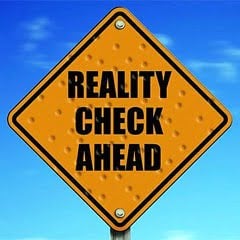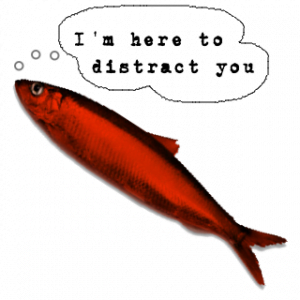INTRODUCTION: Burgess claims victimhood, yet he initiated all contact (Facebook, Twitter), posting numerous defamatory comments, and eventually infringing on YBOP’s trademark by creating “www.realyourbrainonporn.com.” Prior to February, 2018 I had never heard of Daniel Burgess LMFT. Suddenly, out of nowhere Mr. Burgess (@BurgessTherapy) employed multiple social media platforms to attack me and YBOP. Burgess’s targeted […]





